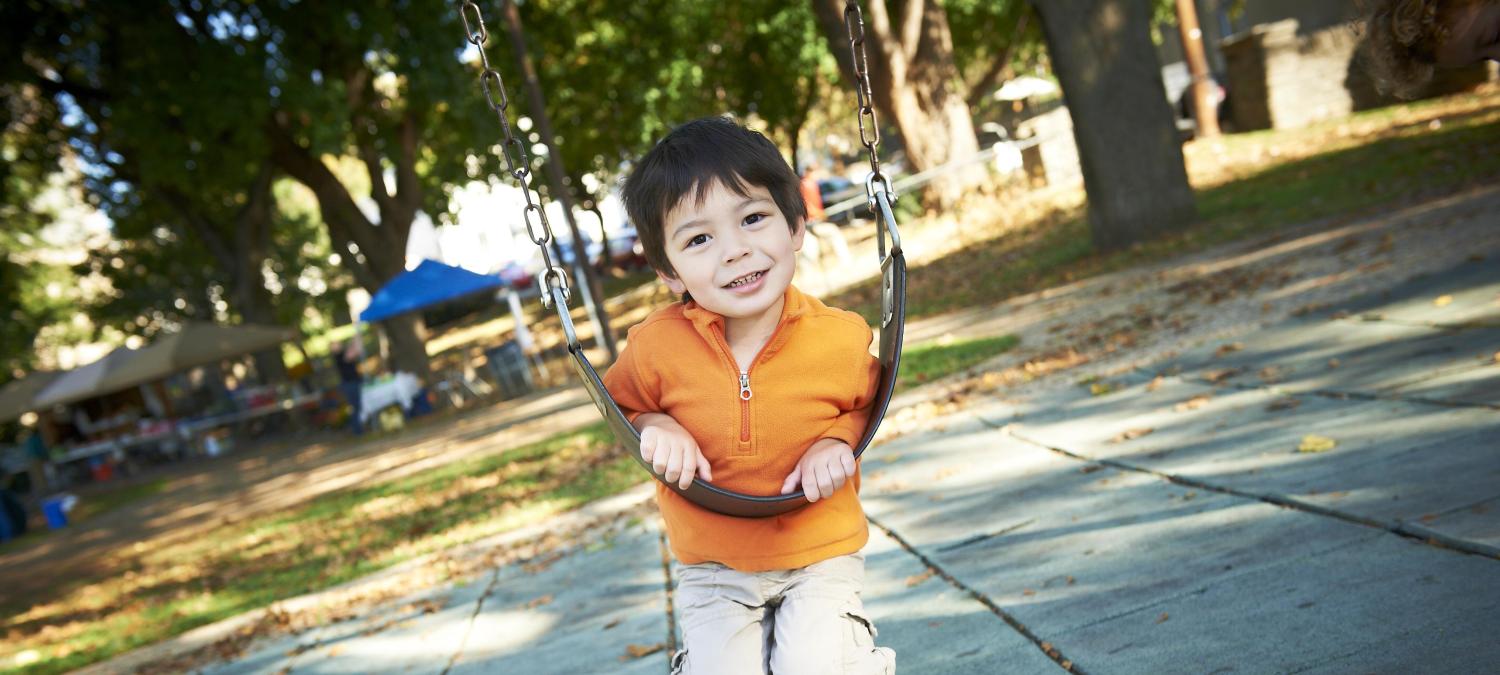

Publications
Search Tips
- Feb 2022
Rates of sexually transmitted infections (STIs) are at an all-time high, a trend that has only been exacerbated by the COVID-19 pandemic. 1.8 million cases of chlamydia were recorded in 2019, and nearly half of infections occurred in youth ages 15-24. Routine population-based screening…
- Feb 2022
Incidence of syphilis has been rising in recent years and disproportionately affects young adults, racial/ethnic minority men, and people living with HIV. This study describes patterns of syphilis infection and syphilis-related care utilization among adolescents and young adults living…
- Feb 2022
We don’t question the years of formal and practical instruction it takes to develop competence in clinical medicine, and with good reason. It would be unconscionable to allow someone without adequate preparation or the proper tools perform a procedure. How do we ensure that researchers…
- Feb 2022
Evidence for the effectiveness of masking on SARS-CoV-2 transmission at the individual level has accumulated, but the additional benefit of community-level mandates is less certain. In this observational study of matched cohorts from 394 US counties between March 21 and October 20,…
- Improving Child Physical Abuse Detection & Reducing Disparities Within and Between Hospital SettingsFeb 2022
Accurate, timely diagnosis of child physical abuse is key to preventing repeated and escalating abuse—however, nearly 1 in 3 young children diagnosed with an abusive injury had prior medical visits during which there was a missed opportunity to diagnose abuse and to intervene to…
- Feb 2022
OBJECTIVE: To assess the impact of the COVID-19 pandemic on physical abuse in young children, we compared the following before and during the pandemic: (1) skeletal survey volume, (2) percent of skeletal surveys revealing clinically unsuspected (occult) fractures, and (3) clinical…
- Feb 2022
BACKGROUND: The coronavirus disease 2019 (COVID-19) pandemic has exacerbated multiple stressors for caregivers of children in the United States, raising concern for increased family conflict, harsh parenting, and child maltreatment. Little is known regarding children's perceptions…
- Feb 2022
Limited research has simultaneously focused on sociodemographic differences in who receives recommended adolescent depression screening in primary care and who endorses elevated depression and suicide risk on these screeners. We describe screening and risk rates in a large pediatric…
- Interconception Preventive Care and Recurrence of Pregnancy Complications for Medicaid-insured WomenFeb 2022
Pregnancy complications may recur and are associated with potentially modifiable risks. The role of interconception preventive care in reducing repeat pregnancy complications is understudied. This retrospective cohort used 2007-2012 Medicaid claims from 12 states. Included women…
- Feb 2022
This qualitative study aimed to determine how men and gender diverse individuals who have sex with men describe their perceived risk of HIV and what factors influence this risk assessment. We conducted in-depth, virtual interviews with 18 HIV-negative individuals from Philadelphia,…